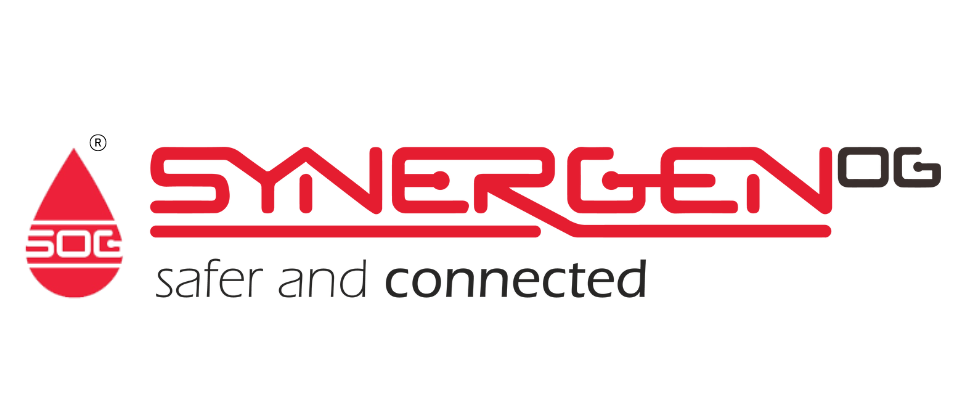Offshore platforms, chemical plants or any other major engineering project creates multiple benefits from generating wealth and providing employment to producing useful products or services.┬Ā However, most industrial installations built, and the construction of these installations have the potential to also cause harm.
NorwayŌĆÖs Equinor suspended production at the Peregrino heavy oil field in BrazilŌĆÖs Campos basin in early April as a preventative measure to carry out safety inspections after experiencing operational issues on one of its gas turbines. The plan is to resume production at Peregrino oil field in 2021.
ŌĆ£Peregrino is temporarily shut in for repairs and is expected to start production in the first quarter of 2021,ŌĆØ Equinor executive vice president and chief financial officer Lars Christian Bacher told investors in a conference call.
Peregrino had started output in April 2011 via a floating production, storage and offloading vessel of the same name, and assisted by two wellhead platforms ŌĆō WHP-A and WHP-B ŌĆō in water depths of about 120 metres. The field had been producing approximately 60,000 barrels per day of oil through 25 wells when it had to be shut down for the unscheduled stoppage.
ŌĆ£The change of devices in Peregrino, replacing them, it is taking way longer than we expected and that is due to the coronavirus situation in Brazil,ŌĆØ said Bacher.
Notably, in addition to the implications of this shut down on EquinorŌĆÖs bottomline, the threat to personnel was a major concern.┬Ā
SynergenOG co-founder, Puvan Balasubramaniam, says prevention is always better than cure when it comes to safety in the oil and gas industry. ŌĆ£This is why we have a tailored suite of risk analysis tools to assist our clients in reducing and managing their installationsŌĆÖ risks,ŌĆØ he adds.
ŌĆ£Our team at SynergenOG takes pride in working hand-in-hand with operators worldwide on a variety of facilities including onshore processing plants, offshore fixed platforms and floating vessels (such as FPSO, FLNG, FSO, and MODU). Over a 7-year period, SynergenOG has completed more than 200 safety case projects across the globe,ŌĆØ says Puvan.
With SynergenOGŌĆÖs experience in handling risk assessments and safety review for drilling rigs as well as onshore and offshore facilities, Puvan says ŌĆ£managing operational safety and risk before the realisation of a hazard is not just wise from a commercial point of view it is a necessity. As Trevor Keltz said a long time ago, thereŌĆÖs an old saying that goes ŌĆō ŌĆśif you think safety is expensive, try an accident,ŌĆÖ.ŌĆØ
For more information on SynergenOGŌĆÖs safety cases, visit SynergernOG.
Source: Upstream Online
Puvan co-founded SynergenOG to better serve the Oil & Gas industry in the Asia Pacific region. He is a chemical engineer with more than 20 years working experience in Process Safety & Technical Risk Management, in the North Sea & Asia. He is competent in risk assessment & risk management processes, & has diverse experience in the offshore industry, both in consultancy & production operations.

